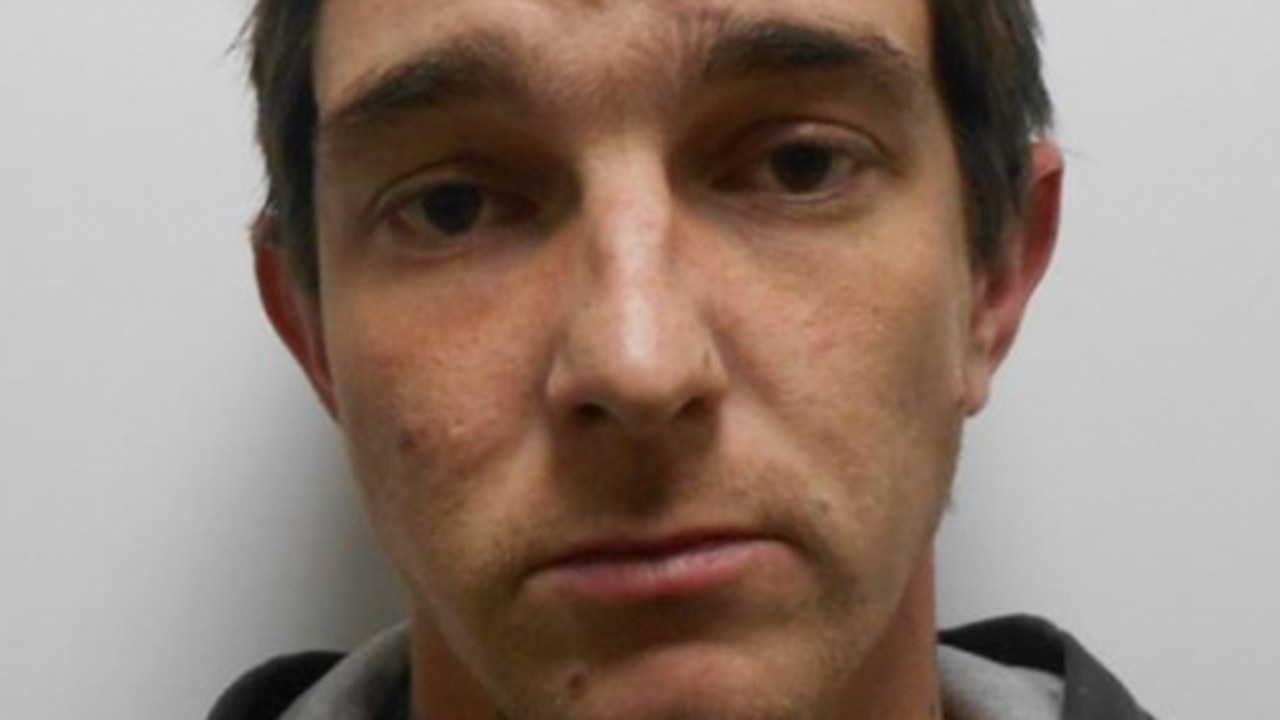Inquiry into Kathleen Folbigg’s children’s deaths releases killer’s prison letters
An inquiry into the deaths of Kathleen Folbigg’s four children has heard the only reason for their deaths can be “natural causes”.
NewsWire
Don't miss out on the headlines from NewsWire. Followed categories will be added to My News.
A genetics expert who visited Kathleen Folbigg in jail has told a court she believes the child killer is innocent and the only conclusion which can be drawn from science is a natural cause of death for Ms Folbigg’s four children.
Ms Folbigg, 55, was handed three murder convictions and one for manslaughter in 2013 after her babies Patrick, Sarah, Laura and Caleb died in suspicious circumstances between 1989 and 1999.
She has consistently denied wrongdoing and is serving a 30-year prison term with a 25-year non-parole period. She is not eligible for parole until 2028.
Despite multiple appeals, Ms Folbigg has failed to clear her name, with a public inquiry in 2018 reinforcing her guilt.
In 2021, the emergence of new expert medical evidence – appearing to show Sarah and Laura Folbigg carried a genetic mutation which could cause sudden death and cardiac problems – led to renewed calls for another probe into the case.
A second inquiry resumed on Monday, where Counsel assisting the inquiry, Sophie Callan SC, said the diaries would also be evaluated.
Former NSW chief justice Tom Bathurst KC is heading the inquiry into Folbigg’s convictions and is considering whether there is reasonable doubt about her guilt.
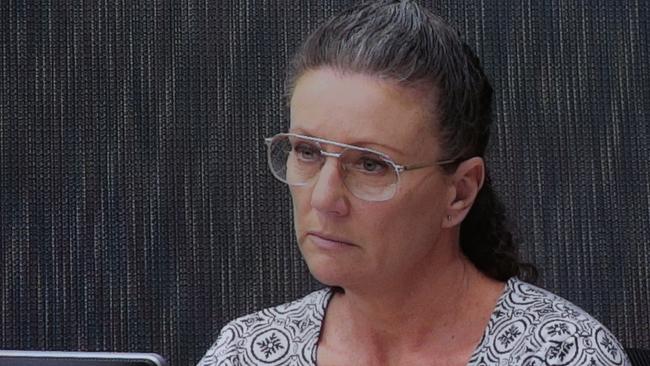
Two genetics experts gave extensive evidence during the inquiry on Tuesday, with Professor Carola Vinuesa revealing she had a personal view Folbigg is innocent.
“I’m not the person to say whether she killed them or not; what I can do is have a personal opinion as an extension of my professional work,” Professor Vinuesa told the inquiry.
“I don’t think anybody in this room can say whether she killed them or not … I think it’s probable there was a natural cause of death.”
“That’s more or less what I’ve implied in our reports.”
Mr Bathurst asked the professor whether she was giving evidence objectively, aside from her personal opinion.
She said she always responded objectively.
“To this day, I haven’t been paid a cent for the work we’ve done; it’s taken numerous reports and numerous hours,” Professor Vinuesa said.
“I do this because I believe in the science that we do and I like to draw some conclusions on the science.”

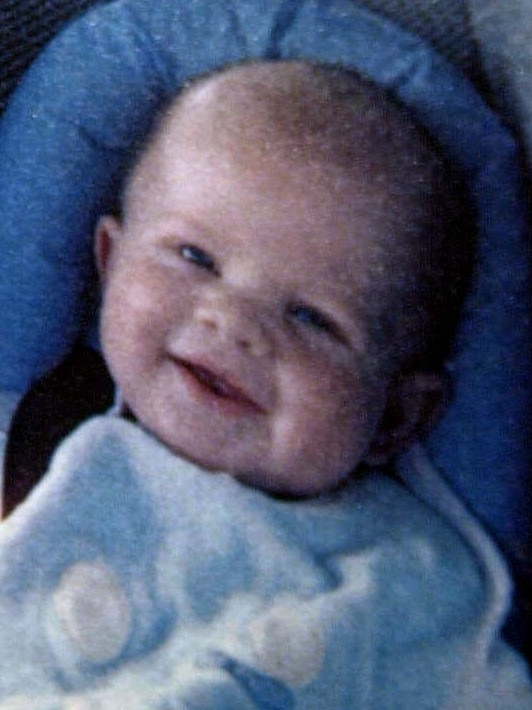
Professor Vinuesa had contributed research on the rare mutation CALM2G114R alongside Professor Todor Arsov.
Earlier in the day, Professor Arsov told the inquiry he regarded Folbigg’s experience as that of a “tragically unlucky family”.
He said the mother should have been tested after losing all four children so young.
“I couldn’t imagine someone could lose four children like that and had no cardiac procedure done – there should have been something,” he said.
The inquiry was told Folbigg had fainted at a swimming carnival when she was a pre-teen, which both professors put down to the mutation.
Mr Bathurst also put questions to Professor Arsov, asking about his evidence.
“You can’t specify these children died from any particular condition,” he said to the professor.
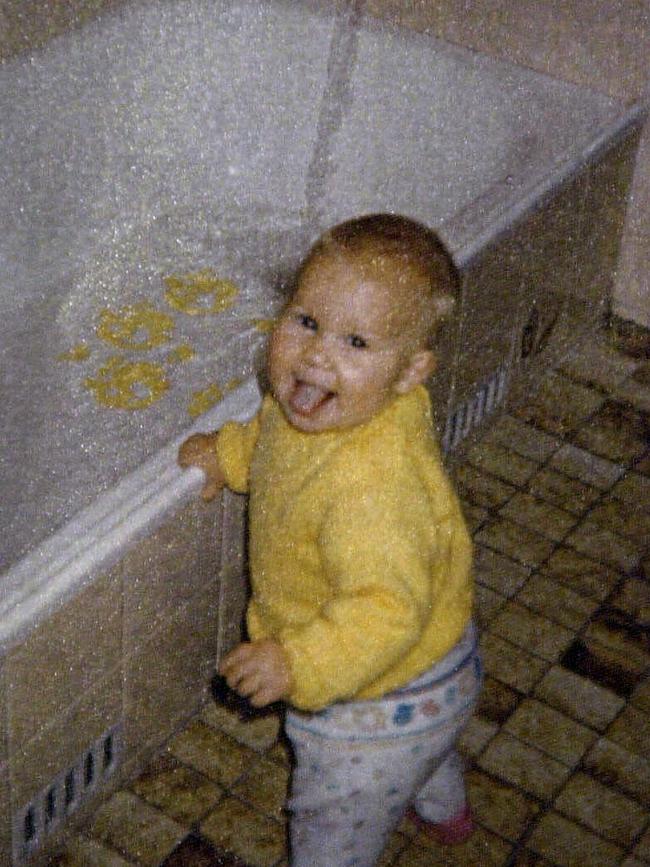
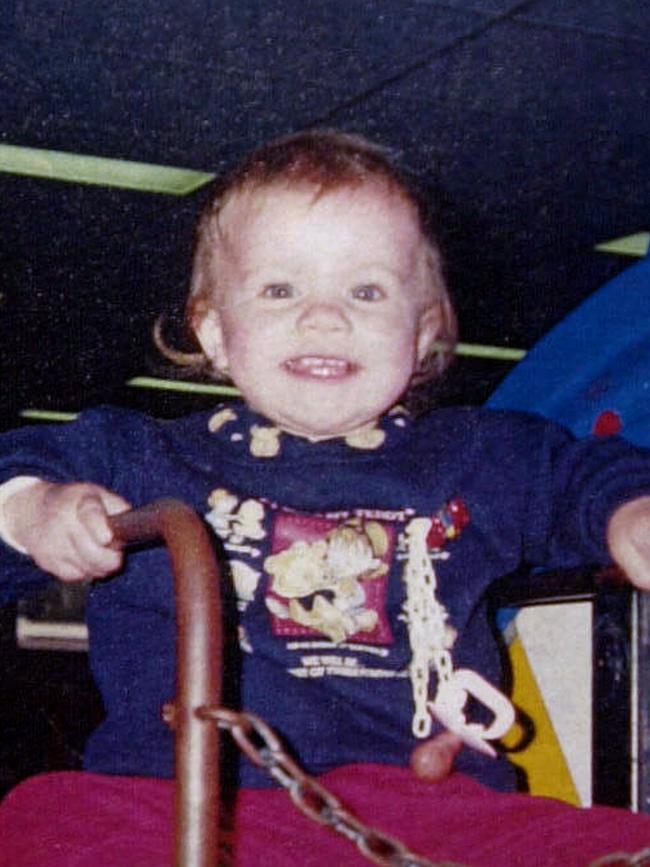
Letters were tendered to the inquiry on Monday, written by Folbigg to her childhood friend Tracy Chapman between 2003 to as recently as 2021.
Throughout the letters, Folbigg attempted to explain her diary entries, admitting they “sound atrocious”.
“All I can say is that at the times in question I wasn’t in a good, positive frame of mind,” she wrote.
“They (diaries) were used to ‘dump’ every negative emotion, feeling, thought I’ve ever had.
“I didn’t use them like other people, to record all the joyous happenings etc. They were a release.”
Folbigg said while she was writing the diaries, she had a definite “obsession” with her appearance, which was exacerbated after losing three children.
“It was all an attempt by me to gain some control over myself and life, to gain the approval that I always chased,” she wrote.
“Finally asleep … meant as I’ve written it – finally asleep after many hours of restlessness; nothing sinister in it at all.”
She explained the use of the phrase “black moods” in her diary was reflective of her depressive state, rather than a description of “evil or nasty or murderous”.
In one entry in her diary in 1997, which was used in the trial to show an “admission of guilt”, Folbigg wrote about Laura two years before her death aged 19 months.
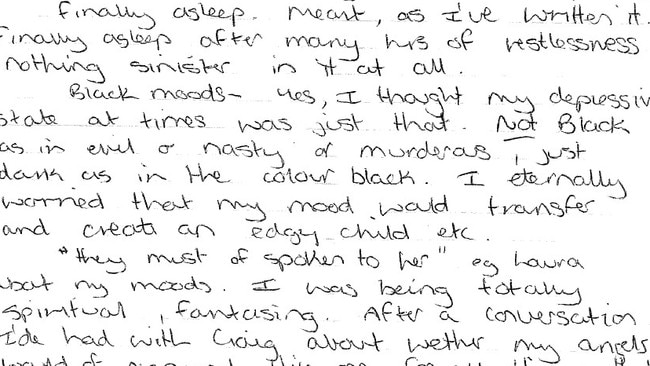
“She’s a fairly good-natured baby, thank goodness; it will save her from the fate of her siblings. I think she was warned,” she wrote.
However in the letters to her friend, Folbigg explained she was being “spiritual”.
She said she had exaggerated on her thoughts about the “warning”.
“I still had weird thoughts stuck in my head about any possible reason why she would have left me, I grasped at anything,” Folbigg wrote to her friend.
“If it wasn’t physical, medical, genetic – what was it?
“I thought I was to blame, I blamed myself. I was her mother after all, I convinced myself that I had failed as a mother, a woman even.”
Folbigg wrote about how she felt “tortured” with her heart “smashed”.
She explained how she had always suffered from depression and used the diaries as her dumping ground and venting board.
“I had been told to do it years before by a grief counsellor … lovely advice that was, wasn’t it,” Folbigg wrote.
In one letter, Folbigg defended a diary entry where she said she was her “father’s daughter”.
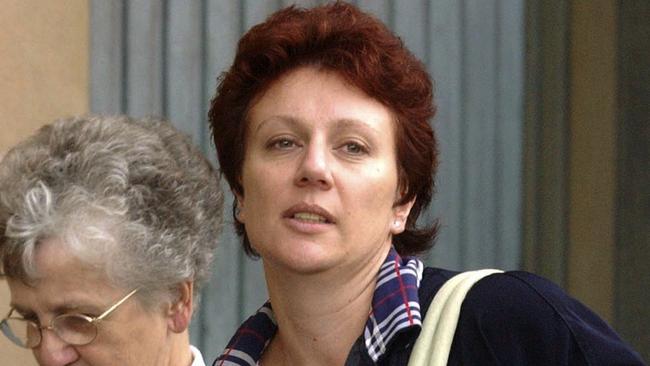
Thomas John “Taffy” Britton in 1969 murdered Folbigg’s mother, Kathleen May Donovan, when their daughter was just 18 months old.
“I wasn’t referring to him being a murderer – I was referring to my opinion of the man,” Folbigg wrote in a 2005 letter.
“Considering how I felt about myself, does anyone blame me for thinking he’d cursed me?”
In the early letters, Folbigg described how she was attempting to “keep depression at bay” during her time in prison and compared the lack of sleep to having children.
“I thought I had lack of sleep with the kids. That’s nothin compared to in here,” Folbigg wrote.
“This place has turned into a psycho unit, nothin but screamin/yelling … so bad at times that I have unsavoury thoughts about the noisemakers – so not like me – ha!”
Folbigg said the lack of sleep was a “test” of her sanity and control and said to “give her kids any day after this experience”.
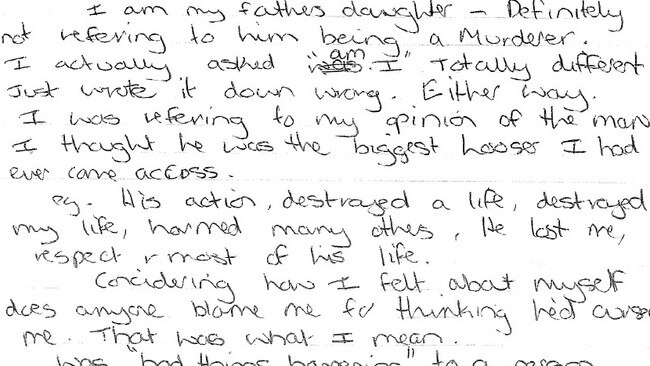
In one of the letters penned in 2005, Folbigg reacted to her appeal where her non-parole period was shortened by five years.
“I don’t reckon they even really considered anything … such a “just” legal system that we have in this country,” she wrote.
“I cried, I’m sure others did too, while ever my name is attached to words like ‘serial killer’ I have no hope of ever being heard fairly otherwise.”
The inquiry on Monday heard from experts who have analysed Folbigg’s diaries and have opposing views on the “admissions of guilt”.
Ms Callan said on Monday Ms Folbigg and her daughters had a novel variant in a gene which produces the calmodulin protein CALM2.
New research since Ms Folbigg’s conviction has suggested the variant could cause irregular heart rhythms which can trigger sudden unexpected death.
Professors Michael Toft Overgaard and Mette Nyegaard, from Denmark, are fronting the latest inquiry into Ms Folbigg’s four children’s deaths in the 1990s.
The latest inquiry was ordered by NSW Governor Margaret Beazley in May 2022 after a group of scientists petitioned following the new evidence.
The inquiry continues before Tom Bathurst KC.
Originally published as Inquiry into Kathleen Folbigg’s children’s deaths releases killer’s prison letters



